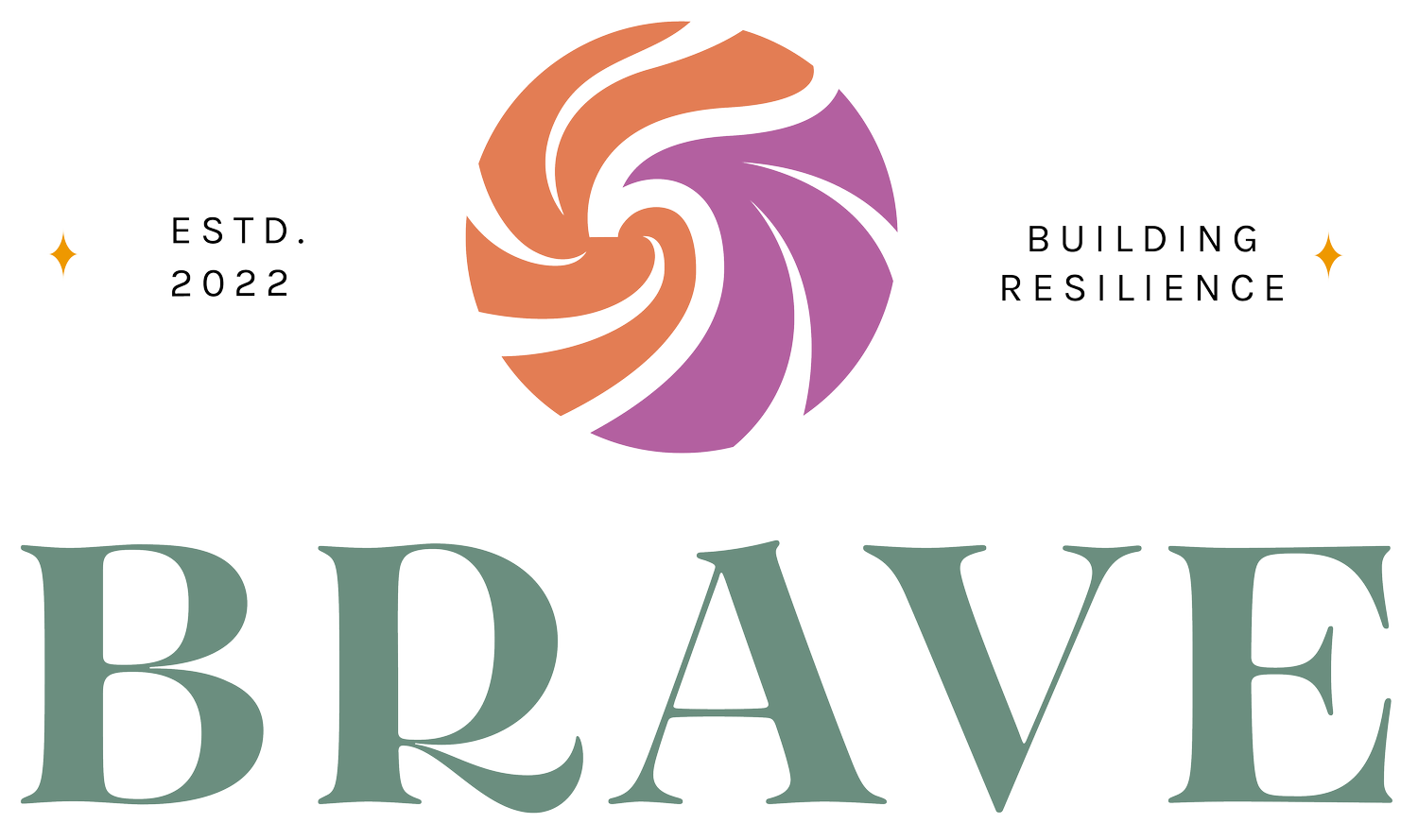What Rest Can’t Fix: Reclaiming Rhythm and Resilience in the Summer Slowdown
You’ve cleared your schedule. You took the Friday off. You even stayed offline. But Monday rolls around, and instead of feeling restored, you feel foggy. Flat. Maybe even more tired than before.
If you’ve been there — or you’re there right now — this post is for you.
Because rest, as it turns out, doesn’t always reach the parts of us that most need care. Especially if you’re a trauma therapist coming off months of holding so much for others. You don’t just need rest. You need recalibration.
Rest ≠ Recovery ≠ Regulation
Rest: A temporary pause to conserve or regain energy.
Recovery: A gradual return to baseline after stress or depletion.
Regulation: Remaining connected to yourself and others, even in challenging times.
Alt text: A Venn diagram showing how rest, recovery, and regulation overlap but are not the same for trauma therapists.
Let’s get clear on what your nervous system actually needs.
Rest is a pause.
Recovery is your body finding its way back from depletion.
Regulation is your ability to stay connected to yourself, even while doing hard things.
You might be doing all the right things — time off, deep breaths, staying hydrated. But if your system is still on high alert underneath it all, rest won’t land.
This isn’t failure. It’s wiring.
Your brain and body have learned to keep going. To stay ahead of overwhelm. To protect you from the stillness where the hard feelings live.
And that’s why inside BRAVE, we talk about needs meeting instead of self-care. Because care that doesn’t speak to what you actually need? It’s just another performance.
What Your Body Might Be Asking For
Let’s try something together.
If you can, shift your weight in your seat — feel your body make contact. Maybe press your feet gently into the floor.
Now bring your attention inward and ask:
What is it that rest hasn’t reached?
Is it the part of you still scanning for urgency? The part that needs to feel seen, not just still?
No pressure to figure it out. Just start the conversation. Your body will meet you there.
If you want, you can jot down anything you’re noticing - not because you need to change it but because you’re finally giving it the attention it’s been craving.
When Rest Doesn’t Land: A BRAVE Therapist’s Story
One therapist in The BRAVE Collective recently shared this:
One therapist in The BRAVE Collective recently shared this:
“I took three days off. I didn’t work. I didn’t scroll. I didn’t do anything productive. But by Monday, I felt worse.”
She’d cleared the space. But underneath, she was waiting to feel better. And when she didn’t, she blamed herself.
“I felt like I’d wasted the time.”
As we unpacked it together in our community, she realized: she wasn’t failing. She just hadn’t gotten what she truly needed. Not just silence — connection. Not just time off — time in her body.
She let go of the goal of "feeling better."
And once she did, she started to feel more present.
That’s what started the reset.
Rhythms That Hold You — Even in the Slowdown
What you need this summer isn’t a new system. You need rhythm.
Here are four recalibrating rhythms we practice together in BRAVE that you can make your own:
Ritual over routine Light a candle before admin hour. Wash your hands and say, “That’s done.” Predictability is what registers safety in your system.
Energy planning over time planning Ask yourself: “When do I feel most capable of showing up for myself?” Build around that.
Session exit practices Don’t go from trauma to email. Transition with a walk, music, lying on the floor, or my Soft Transitions practice.
'No catch-up' blocks Schedule one hour a week where nothing is required. No admin. No updates. No fixing.
These aren’t hacks. They’re scaffolds. They tell your body: You’re allowed to feel good in your own work.
When Vicarious Resilience Starts to Return
Here’s what often happens once these rhythms take hold:
You start to feel the good again.
The client who finally says what they couldn’t. The breath that deepens. The moment you’re proud of how you held the space.
That’s vicarious resilience. Not just noticing the good. Letting it land.
But you can’t feel those moments when you’re bracing. They only return when you soften.
And when you notice them in community? They stick.
You’re Not Failing. You’re Recalibrating.
So if you’re still tired after resting, ask yourself:
What part of me is still holding tension? What rhythm could support me this week?
You’re not behind. You’re becoming.
Let this summer be the one where you recalibrate before you collapse. Where you reconnect before you retreat.
And if you need support? My Soft Transitions practice is a completely free resource that might just help get you started.
You don’t have to work harder at rest. You just have to listen more gently to what rest hasn’t touched yet.








